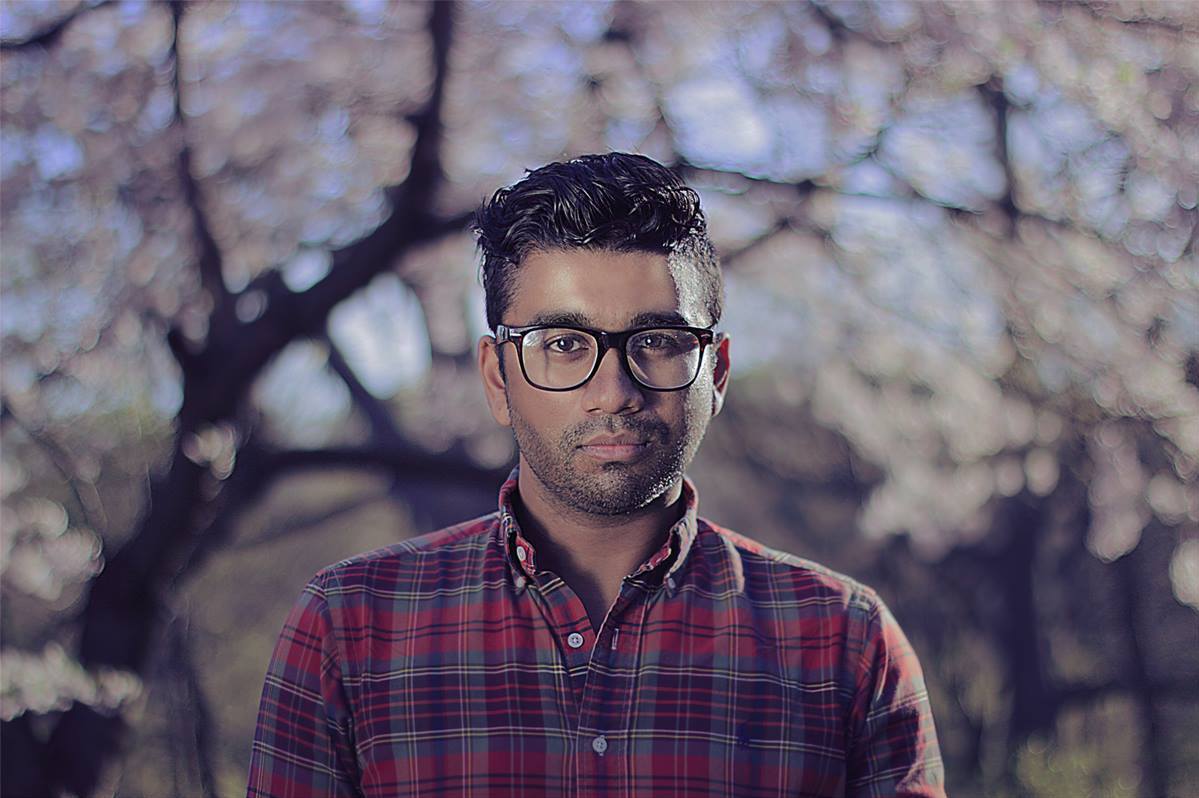
By: @ramraajh
I want someone who likes long walks in the park. Scratch that, I want someone who likes to sit in parks, and judge people who take those long walks. I want someone who loves to read, who can fill me in on the plot while we wait for the movie to start. I want someone who will help clean the dishes when we’re done with our string hoppers and curry. Also, it would be nice if I could share my wardrobe with that someone and not raise any eyebrows. In case you haven’t clued in yet, I’m a dude who likes dudes.
Type gay into a Google image search and you’ll see what it means to be gay. Gay on Google is young, white and thin. You’d think you were looking at an Abercrombie catalogue. Picture after picture, we see white bodies as the only examples of gay culture. Gay culture is dominated by white faces and personalities, at least in the mainstream. This isn’t a true depiction of what the community looks like. Gay comes in all different shades, shapes, sizes and colours.
The intersection of Tamil and Gay seems to signal malfunction. Whether we judge ourselves or are judged by our families or communities, the anxiety and fear caused by discrimination is real. We allow social shaming to dictate the way we feel about a situation, and obsess about what others think. Questions like ‘Who will know?’ and ‘How will I be seen in the community?’ plague our minds. It’s messy because we allow others to influence our lives. Not being open about who we are can lead to isolation and depression. There is a rich history of dissent among Tamil queer folks and it’s not hard to see their struggles and gains, if you’re looking. A powerful movement that began before my time is still being shaped today and around the world people are taking note.

The fluidity of sexuality, gender identity, and expression are hard topics to raise in everyday settings. For the most part, Tamils are not comfortable talking about sex and sexuality and it can’t be because we aren’t having any. The Kama Sutra isn’t for coffee table reading and I don’t think that the population of India surpassed a billion through abstinence. Yet, we shy away from these discussions and shame people for trying to start them. How often have you heard ‘That’s so gay bro’ or ‘Stop being so gay.’
Queer culture was unapologetically embedded in South Asian narratives before colonization. Our sacred texts are peppered with examples of deities who are transgender or represent more than one gender identity. The Aravaani communities in our culture, and the Hijras in North India play important roles in reminding us of our fluid history and combatting stigma. Laws imposed during British rule contributed to the homophobia that resonates today and variations of sodomy laws are widespread throughout Southern Asia (although some have been dismantled through decriminalization).
While we may not see Vijay and Suriya professing their love for each other through a choreographed dance number anytime soon, there is a space for ‘Gay’ and ‘Tamil’ identities to coexist. Spaces such as Snehithan, a peer support group created for and by Tamil gay and bi men whether they be cis-gendered* or trans*. It’s a place for people to connect and not worry about looking, dressing, or saying something that would out themselves for fear of discrimination. We need more spaces in our larger Tamil community to be open to conversations about the broad spectrum of sexuality. And when we encounter homophobic violence in any form, let’s address it where we can. This way we won’t let ourselves become passive participants in a culture of shaming and othering but architects of a culture that recognizes and respects difference.
So, let’s not shy away from these conversations so I can be on my way and find Mr. Right.
* If you are interested in learning more about Snehithan or similar support spaces please visit: www.asaap.ca


























